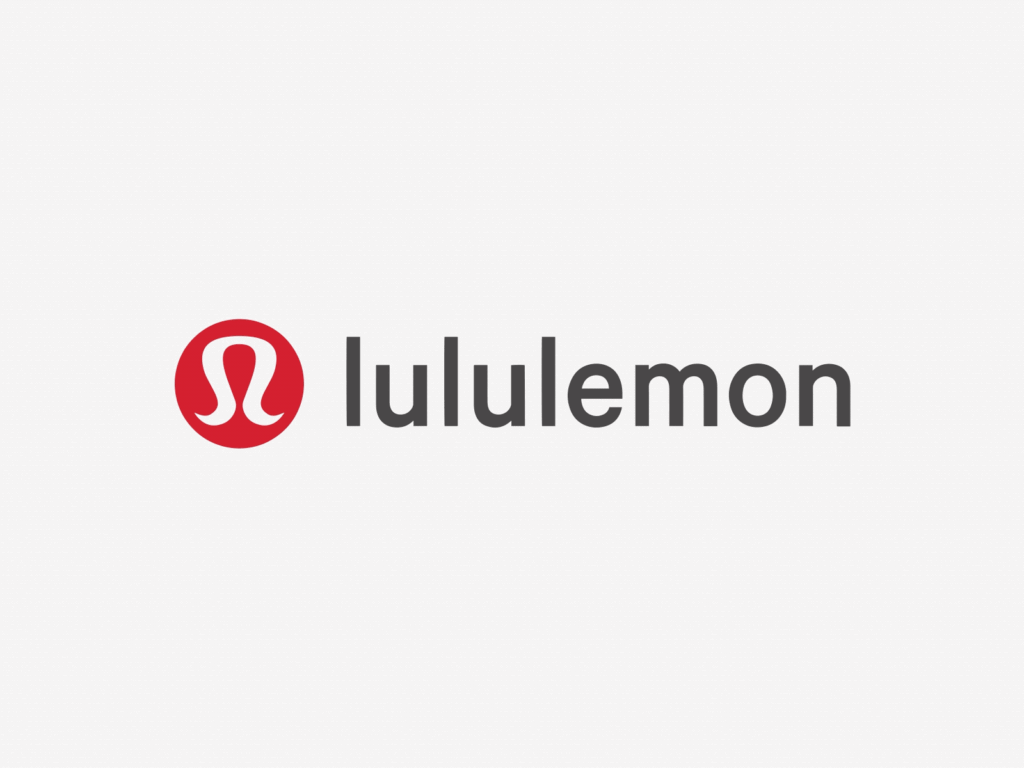
Lululemon, the globally recognized name in premium athleisure wear, has taken legal action against retail giant Costco, alleging that the wholesaler is selling unauthorized imitations of its high-end apparel under its in-house Kirkland Signature brand. According to a lawsuit filed last Friday, the Vancouver-based company claims that Costco has infringed on its intellectual property by marketing look-alike versions of Lululemon’s signature products — including its popular $128 pants, hoodies, and jackets — at significantly lower prices.
In the lawsuit, Lululemon accuses Costco of “unlawfully trading on Lululemon’s reputation, goodwill, and sweat equity,” by offering apparel that closely resembles Lululemon’s designs but lacks official authorization or licensing. The company also contends that Costco’s marketing and product placement are misleading customers into believing the Kirkland items are manufactured by or associated with Lululemon.
This isn’t just a case of similar-looking clothes. Lululemon asserts that Costco’s actions have intentionally blurred the lines between authentic and imitation products, leading to brand confusion in the marketplace. Given Lululemon’s premium pricing and cult-like following, this kind of brand dilution could have long-term consequences for its image and perceived value.
A Pattern of Brand Clashes
This lawsuit isn’t entirely unprecedented in the retail world. Lululemon has taken legal action in the past to protect its designs and brand identity. In 2012, Lululemon sued Calvin Klein, alleging that the designer had infringed on the design of its popular yoga pants. That case was settled privately, but it highlighted Lululemon’s willingness to aggressively defend its intellectual property.
On the other side, Costco has also faced legal trouble before over allegedly selling counterfeit or imitation versions of branded goods. One notable case involved Tiffany & Co., which sued Costco in 2013 for selling rings labeled as “Tiffany” that were not made by the luxury jeweler. Costco argued it used the word “Tiffany” generically to describe a ring style, but a court initially ruled in favor of Tiffany. Although the case was later partially overturned, it reinforced the importance of clear brand boundaries.
The Stakes Are High in the Athleisure Market
Athleisure continues to dominate fashion trends, with consumers willing to pay a premium for performance apparel that combines comfort, quality, and status. Lululemon has built a billion-dollar business around these principles. As a result, it’s no surprise the company is taking a hard stance against what it sees as brand dilution.
For Costco, the appeal of selling “dupes” of high-end products at discount prices is clear—it drives foot traffic and appeals to budget-conscious shoppers. But this legal challenge may force the wholesaler to reconsider how it designs and markets its Kirkland Signature clothing line.
Whether the court sides with Lululemon or Costco, the case serves as a reminder of the fine line between inspiration and imitation—and the high stakes involved in brand identity in the era of fast fashion.




